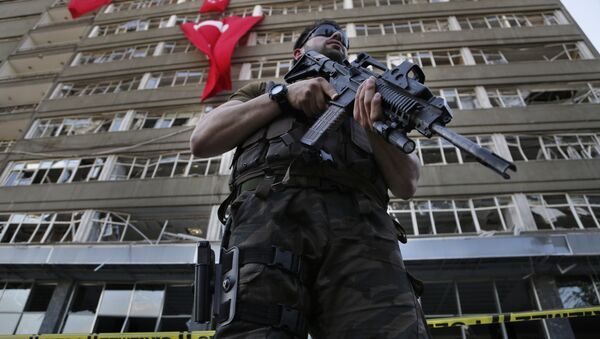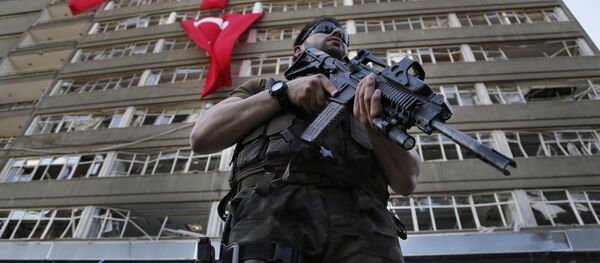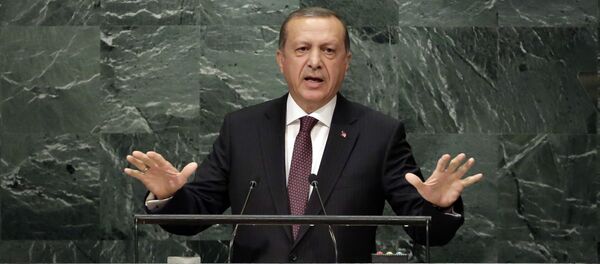Following the coup attempt, Ankara issued a decree ordering the closure of thousands of private educational institutions, hospitals and associations as well as permanently discharging hundreds of judges, prosecutors, and civil servants without any investigation or means to appeal the decision. The decree also allows law enforcement to detain suspects for up to 30 days without a court decision and restricts detainees’ right to private communication with lawyers.
The court rejected the appeal on the grounds of “non-competence”, the Hurriyet Daily News reported.
The CHP said that decree laws did not provide justification of the state of emergency declaration and targeted political and social groups, which had nothing to do with the US-based Islamic cleric Fethullah Gulen. Moreover, the laws envisaged permanent changes despite the fact their validity should expire after removal of the state of emergency.
On July 15, a military coup attempt took place in Turkey. It was suppressed the following day. Over 240 people were killed during the coup attempt and an estimated 2,000 were wounded. Ankara has accused dissident Muslim cleric Fethullah Gulen, who has lived in the US state of Pennsylvania since 1999, and his followers of playing a key role in the coup.




